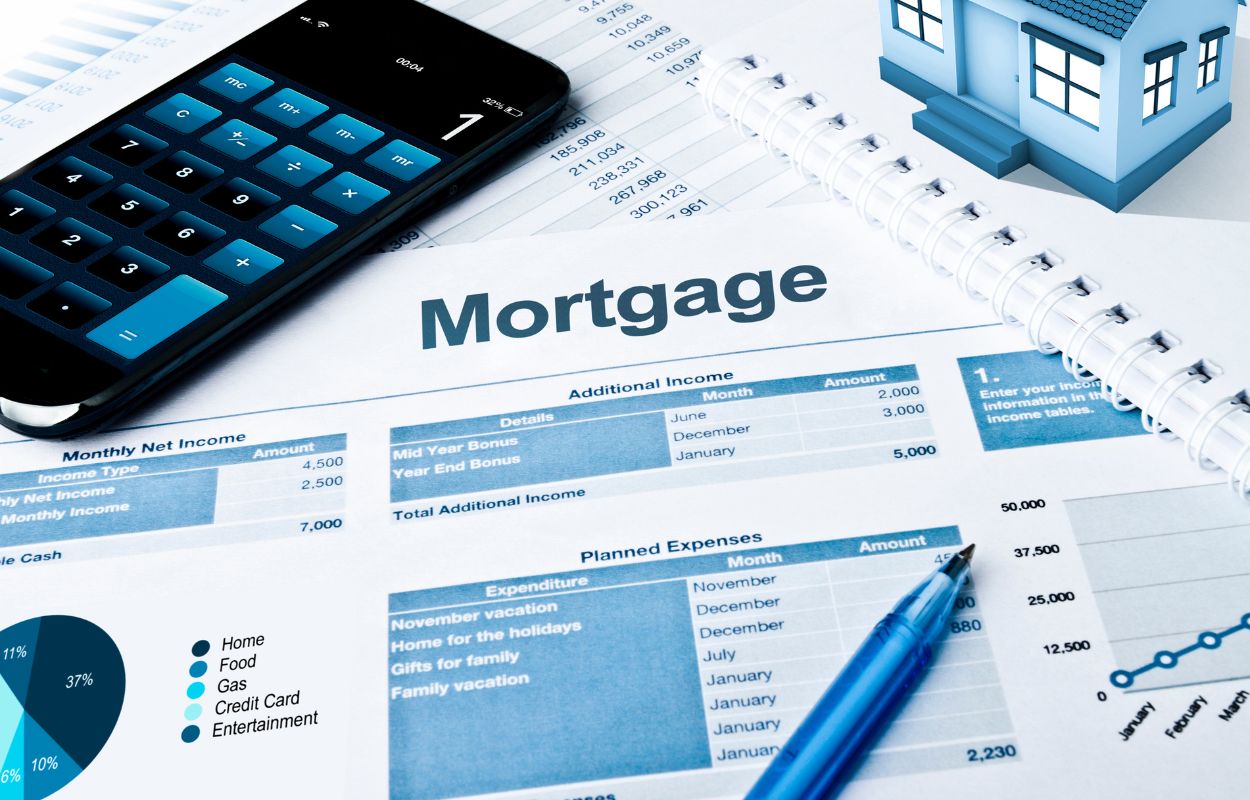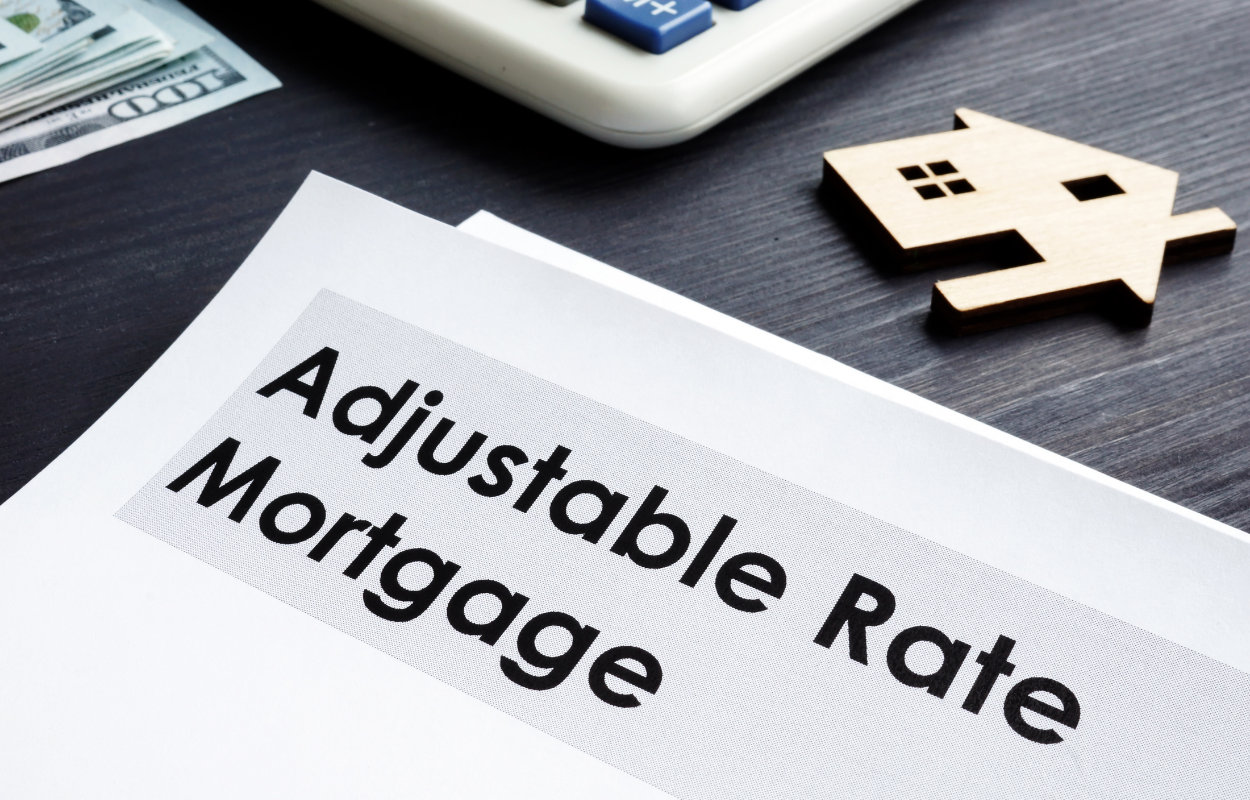 Many people are aware of the financial commitment that is involved when investing in a home, but what that amounts to is different for every person. From what you can afford to what a lender will allow, there are plenty of details involved in determining the right home for you. If you’re not quite sure what the right price is, here’s how to approach home ownership and determine your debt-to-income.
Many people are aware of the financial commitment that is involved when investing in a home, but what that amounts to is different for every person. From what you can afford to what a lender will allow, there are plenty of details involved in determining the right home for you. If you’re not quite sure what the right price is, here’s how to approach home ownership and determine your debt-to-income.
Calculating Your Debt-To-Income Ratio
You may not know what your DTI ratio is, but it has a lot to with how much home you can afford. In order to calculate this amount, add together all the debts you owe each month and divide them by your monthly pre-tax income. For example, if your credit card is $150 and your rent is $900, your debt amount would be $1050. Divide this amount by your income, say $2500, to get 0.42. This means your DTI ratio is 0.42 or 42%.
What Your DTI Means
While a DTI in the high 20s or low 30s is good, anything that hovers above 43 percent may serve as a red flag to the lender. The lower your DTI ratio is, the more likely it is that a lender will approve your mortgage application since you’ll have the disposable income to deal with financial hurdles. If your dream home has you hovering close to this amount, it may be a sign that it’s a bit out of reach.
How Do You Want To Live?
It’s quite common to be taken over when you find your dream home and decide to commit. However, buying a home is a huge financial commitment, and if you’re buying more than you can afford it may drain your well-being over time. Instead of diving in, determine other expenses that are likely to come up in the next few years, whether it’s travel, a child or a new car. It’s important to have the home you want and budget when buying it, but you’ll still need to financial wiggle room in case something comes up.
There are a lot of factors involved in determining how much house you can afford, but by calculating your DTI ratio and being aware of your spending plans, you’ll be well on your way to an ideal price range. If you’re currently on the market for a home, contact one of our mortgage professionals for more information.
 Many people are wondering what type of home loan is right for them, and one of the options is an ARM loan. This is an adjustable-rate mortgage. Typically, the rate is fixed for a certain amount of time, but it can change after that. Adjustable-rate mortgages will vary depending on the market. Is an ARM a smart loan option? There are some situations where an ARM loan can be helpful, but people need to be careful with them.
Many people are wondering what type of home loan is right for them, and one of the options is an ARM loan. This is an adjustable-rate mortgage. Typically, the rate is fixed for a certain amount of time, but it can change after that. Adjustable-rate mortgages will vary depending on the market. Is an ARM a smart loan option? There are some situations where an ARM loan can be helpful, but people need to be careful with them. The real estate market has been red hot this year, with many people looking to purchase a home because of record-low interest rates. This includes younger individuals, as younger generations are interested in owning a house for the first time. The past couple of years have been anything except normal, and the housing market has taken off, with demand far exceeding supply. Why is this taking place?
The real estate market has been red hot this year, with many people looking to purchase a home because of record-low interest rates. This includes younger individuals, as younger generations are interested in owning a house for the first time. The past couple of years have been anything except normal, and the housing market has taken off, with demand far exceeding supply. Why is this taking place?